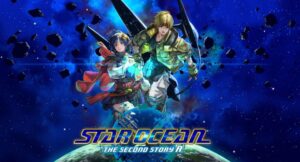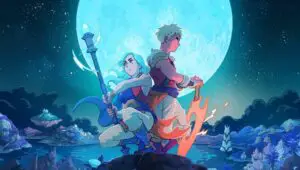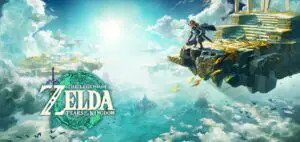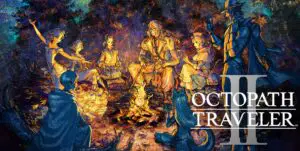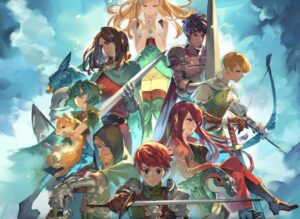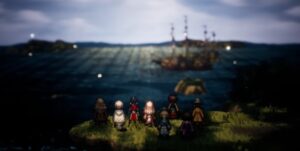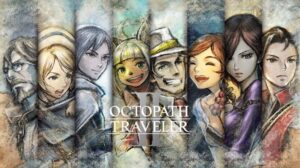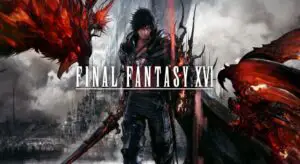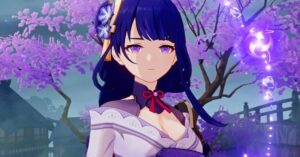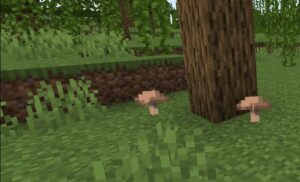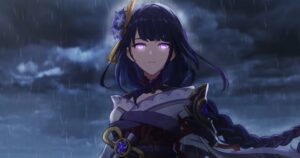Final Fantasy 16 Review
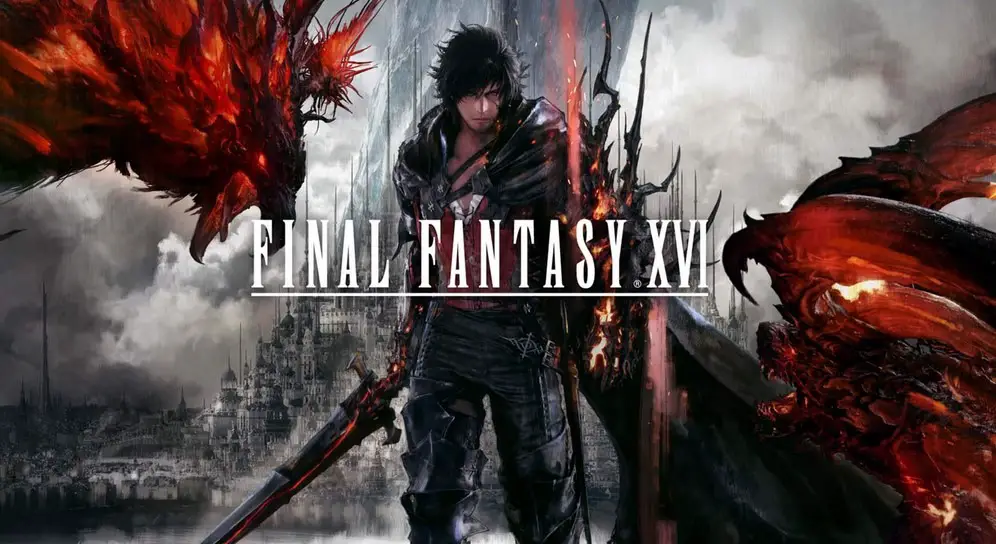
This is a spoiler-free Final Fantasy 16 review, only featuring some early game details contained in the trailers and demo.
The Final Fantasy series has had its share of ups and downs over the last couple of decades. In truth, the last few single-player mothership releases have been met with lukewarm reaction in comparison to their massive development periods, leading some fans to pine for the good old days of the SNES and PS1.
On a brighter note, MMO Final Fantasy 14 is critically and commercially beloved, whilst Final Fantasy 7 Remake laid some exciting groundwork to retell its most famous story of all. This all leads us to the latest main series venture, Final Fantasy 16, which tries to take things in a bold new direction with completely overhauled gameplay and a darker tone than anything that’s come before. It’s a risky strategy, and it doesn’t always pay off. Final Fantasy 16 is a fantastic game… sometimes.
The opening hours of Final Fantasy 16 introduce us to protagonist Clive Rosfield, a highborn teenager in the land of Valisthea. Clive possesses a unique Phoenix blessing that makes him a force to be reckoned with in battle, much to the delight of his ruling father Lord Rosfield. Clive’s younger brother Joshua, on the other hand, has powers on another level. Like a handful of other gifted individuals across the land, Joshua is a ‘Dominant’, meaning he will one day be able to channel the unfathomable power of an Eikon.
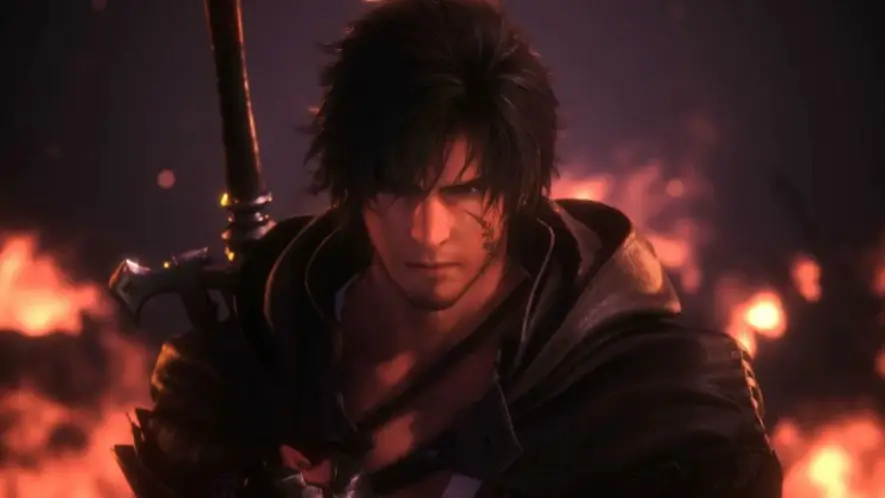
Eikons are Final Fantasy 16’s version of summons. Or Eidolons, GFs, Espers, or whatever else they’ve been called over the years. This time, Eikons manifest by a Dominant actually transforming into them, temporarily gaining the immense form of a colossal summon before turning back when their mana is spent. Old favourites like Phoenix, Shiva, Titan, and Ifrit appear, as well as several other familiar faces.
Joshua’s powers as the Dominant of Phoenix mean he is one day fated to rule their home land of Rosaria, leaving Clive as Joshua’s sworn bodyguard. Clive is more than eager to adopt this role – their strong brotherly bond is plain to see, and serves as the bedrock for Final Fantasy 16 story and themes.
Elsewhere, the world is occupied by two main classes of people – Bearers, who can use magic with their bare hands, and non-magical people who must utilise crystals for its day-to-day benefits. Ironically, the magic users happen to be subjected to much cruelty and discrimination, generally living as slaves.
Some shocking events and a 13-year time jump later, Clive finds himself embroiled in a dangerous mission that leads him face to face with Cidolfus “Cid” Telamon. Cid takes Clive under his wing and recruits him into his band of outlaws dreaming of a better world for Bearers, where they might one day live and die on their own terms.
Unlike the fairly optimistic and upbeat opening hours, the world of Valisthea has become increasingly downtrodden and oppressive. Quests are just as likely to end with a mutilated corpse and the delivery of bad news as a nice conclusion where everyone is happy. The grounded, brutal fantasy world is clearly inspired by Game of Thrones (producer Yoshi-P has admitted as much) but I actually found myself just as often reminded of a Nier game. This isn’t exactly a bad thing – I love Nier Replicant and Nier Automata – but it doesn’t always make for the sort of fun, hearty time that we’ve had earlier in the Final Fantasy series, even when many entries dealt with sobering subject matter themselves.
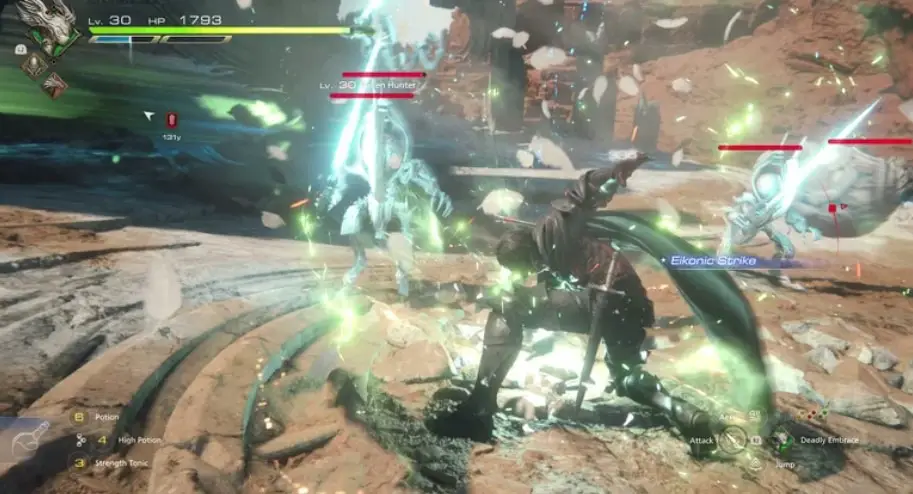
The battle system is a pure action affair, representing a far cry from the traditional turn-based roots. Clive is the only playable character, capable of zipping around the field with his Phoenix powers, firing off ranged spells, and dodging with precision to strike back immediately. The fast-paced combat is definitely fun and addictive in its own right, with a few extra elements added as the story progresses.
Furthermore, many additional skills are unlocked, allowing players to equip a reasonable selection of different moves that can be toggled around in real time. Clive is periodically joined by companions on the battlefield – as well as his trusty wolf Torgal – although their contribution is so limited that you barely miss anyone when they’re away from the party. Other than a few basic commands issued to Torgal, they are entirely controlled by some pretty passive AI.
As satisfying as the combat can be, I can’t say I was blown away once the initial novelty had worn off. I actually have no problem with Final Fantasy adding action elements – I absolutely adored Final Fantasy 7 Remake’s hybrid battle system. The question I found myself pondering is not necessarily whether Final Fantasy 16 should have utilised a turn-based system, but rather… is Final Fantasy 16 even an RPG?
Put it this way – there are no status effects, no elemental weaknesses, very little character progression, a really basic crafting system and a limited number of player stats which don’t seem to make a lot of difference. Clive does level up and improve his stats, but many of the gameplay segments are so linear and prescribed that it often feels like the game is deciding your strength level for you, rather than it feeling like a reward you have earned for taking on battles.
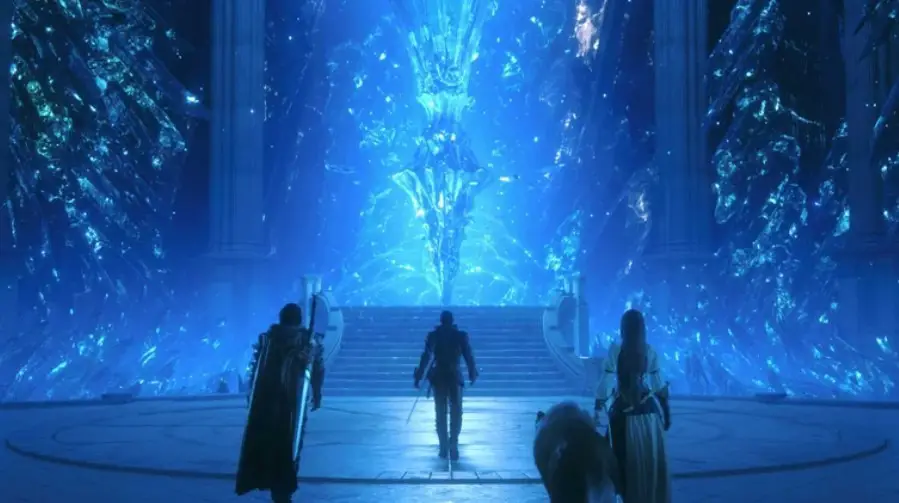
Does Final Fantasy 16 actually have more RPG elements than one of the recent Spider-man or God of War games? I’m not sure it does, and you can definitely make the case that this is an action-adventure game with a handful of RPG elements rather than an action RPG. Perhaps the question is entirely academic, but ultimately Final Fantasy has always been an RPG series and I think fans and prospective buyers are more than entitled to know what they are really letting themselves in for.
I also have to mention how absurdly easy the battle system is. I didn’t die in the entire game, except for one occasion where I took on an S-class hunt around 10 levels too low (I still beat him the second time). This is without even equipping the de facto ‘easy mode’ accessories, which can allow Clive to do things like slow down time to perfectly dodge attacks with ease. I don’t really like the concept of these being included at the expense of a set difficulty level, but I suppose other players may prefer the option of getting through battles that bit easier.
Ultimately, the battle system may still have its charm, but it wears off in the latter half of the 40 to 50 hour runtime. There just isn’t enough variety to keep it fresh, and the same approach will generally work on every enemy. Even many of the bosses are reskins, which use the same attacks you’ve seen time and time again. Don’t get me wrong, there are a lot of bosses, but there is some serious déjà vu when the same half-dozen continually reemerge.
This is with the exception of Eikon battles, which come around during particularly climactic plot events. Every Eikon battle is different, with a completely bespoke opponent and an entirely different experience every time. These are undoubtedly Final Fantasy 16’s high point, creating spectacles at a level arguably never seen before. I do not want to spoil anything about these, as they managed to keep pleasantly surprising me.
Each one will have you questioning how it can possibly be topped next time, but Final Fantasy 16 somehow achieves the impossible by unleashing new powers and creating battle arenas so cool they defy belief. The Eikon battles are absolutely epic, setting a new standard for boss battles in general.
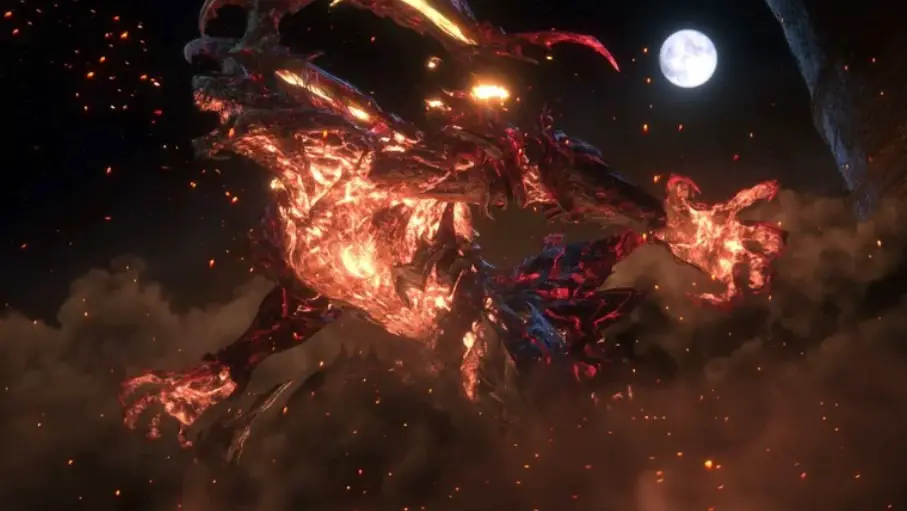
Another relatively high point is Final Fantasy 16’s story, at least for the first half of the game. The strong world building and characters contribute to an excellent opening that keeps its momentum for a considerable period of time. However, after a lot of promise it also starts flagging during the game’s second half. I was absolutely invested for many hours of gameplay, with several interesting mysteries and political intrigue that had me keen to read up on the lore (which can be done at any time from the Active Time Lore screen) to make sure I wasn’t missing anything.
Unfortunately, after a certain story milestone, things divert into a more simplistic direction and the main story increasingly has you backtracking to the same three towns and dealing with mundane fetch quests to pad out the runtime until the next big moment of payoff. Unlike the first half of the game, these segments drag along and by the time the next big set piece or Eikon battles comes around, it doesn’t quite feel earned.
To be brutally honest, there is not enough story to spread across the playthrough length Square Enix wanted, and I got the distinct impression that so much resource had been used on the epic Eikon battles that the rest of the game’s pacing suffered as a result. I also felt an obligation to complete the optional sidequests, which only exacerbated the pacing problem. Apart from a few rare quests that delivered some great character moments, the vast majority are yet more tedious fetch quests, usually with scant rewards that simply are not worth the effort.
There are also a few writing decisions so strange I couldn’t work out whether or not they were intentional. For instance, there is a ‘plot twist’ so clearly spelled out in advance that it feels really weird when the game acts like it is providing a huge reveal. There is also some bizarre behaviour from the villains when in advantageous positions, and certain characters that I felt were criminally underused. I won’t go into the specific examples to avoid spoilers, but these gripes – along with the latter-half tedium – undercut an otherwise solid effort.
On the whole, the dialogue is still strong and the voice acting performances are superb, particularly from Ben Starr as Clive and Ralph Ineson as Cid. I’m not going to lie, it was a little bit strange to hear Finchy from the Office at first (the role Ineson is best known for in the UK), but he soon wore me down with his witty and charismatic delivery.
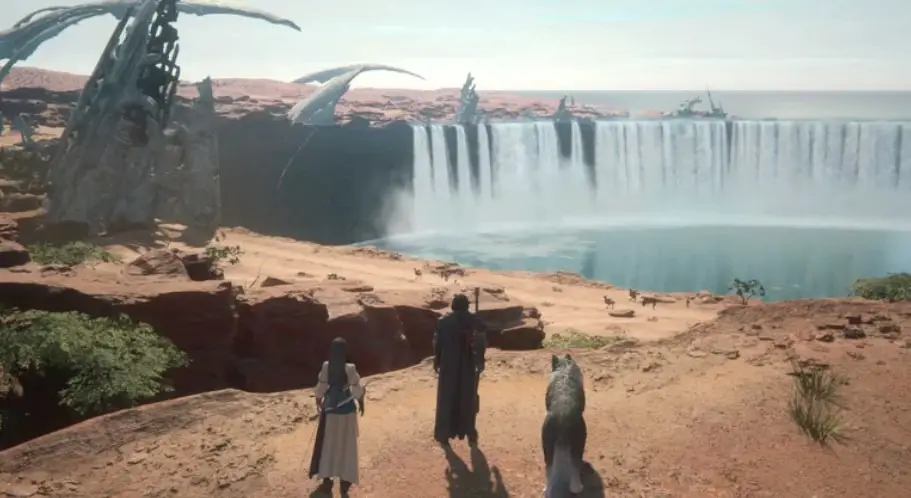
The graphics are also excellent, and despite some dodgy-looking NPCs, showcase the incredible capabilities of the current console generation. The downtrodden land of Valisthea is intentionally not as vibrant or colourful as you would generally find in a JRPG, but still has plenty of jaw-dropping scenery and locations – I just wish we’d actually been able to explore them all. I also had absolutely zero performance issues on the PS5, which is nothing short of miraculous given the outrageous demands of the Eikon battles.
Final Fantasy 16’s musical score, composed by Masayoshi Soken’s, is another respectable if not mindblowing aspect. It includes a great dynamic battle theme and excellent boss music, but there aren’t enough memorable tracks to rank it anywhere near the masterful work of Nobuo Uematsu. Coming out the same year as Octopath Traveler 2 or Trails into Reverie probably doesn’t do it any favours. Both of these lower-budget RPGs contain multiple incredible battle variations, showing up the limits of Final Fantasy 16’s OST.
Giving the game its due reflection, virtually every element of the game is let down by the same problem – initial promise that peters out at just the wrong time. I really don’t know where the series goes from here, but I definitely think we need more RPG components next time around, be it more playable characters or additional strategic elements to battle. I still enjoyed Final Fantasy 16, but I don’t think it executed the leap forward it was hoping for. At least, it doesn’t quite stick the landing.
Score: 8/10
Final Fantasy 16 is a great action game, but I’m not sure it is a great Final Fantasy game. Despite plenty of promise, the battle system and story ultimately fall short of excellence and may disappoint more traditionalist fans.
Positives
+ Absolutely incredible Eikon battles, creating unrivalled spectacles
+ Addictive and satisfying combat, for a while
+ Some strong characters, assisted by excellent voice acting performances
+ Solid soundtrack, if a little sparse
+ Story contains superb world building and political intrigue
Negatives
– Combat doesn’t have enough variety or RPG elements
– Plot is poorly paced in the second half
– Mundane sidequests, which are sometimes necessary to progress
– Lots of backtracking to the same depressing areas
